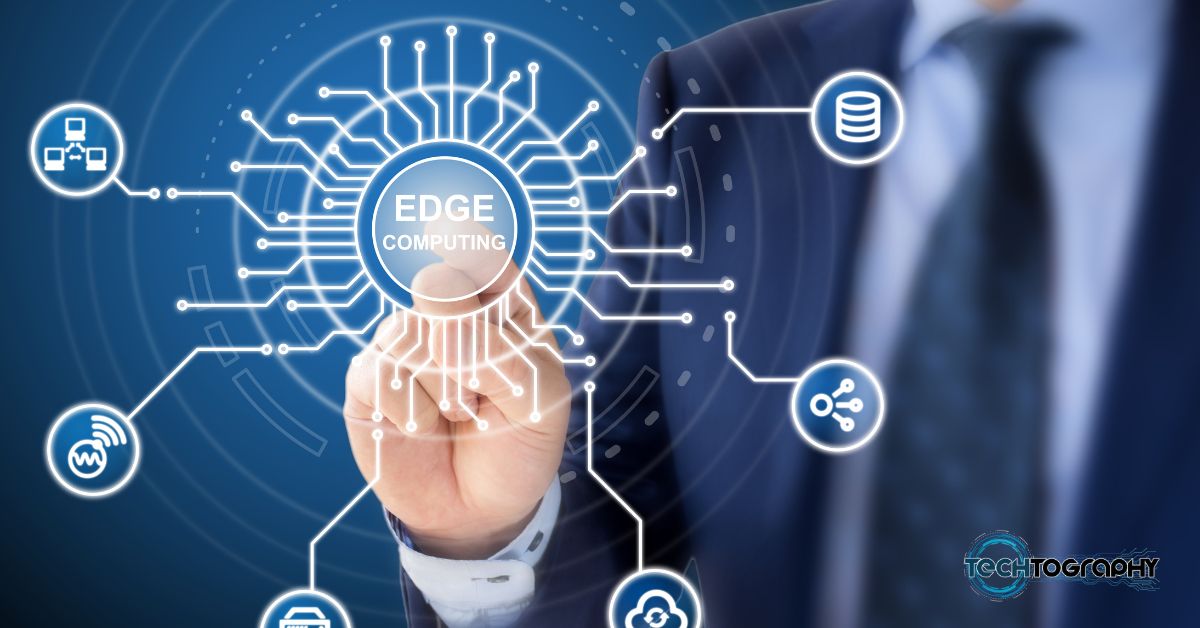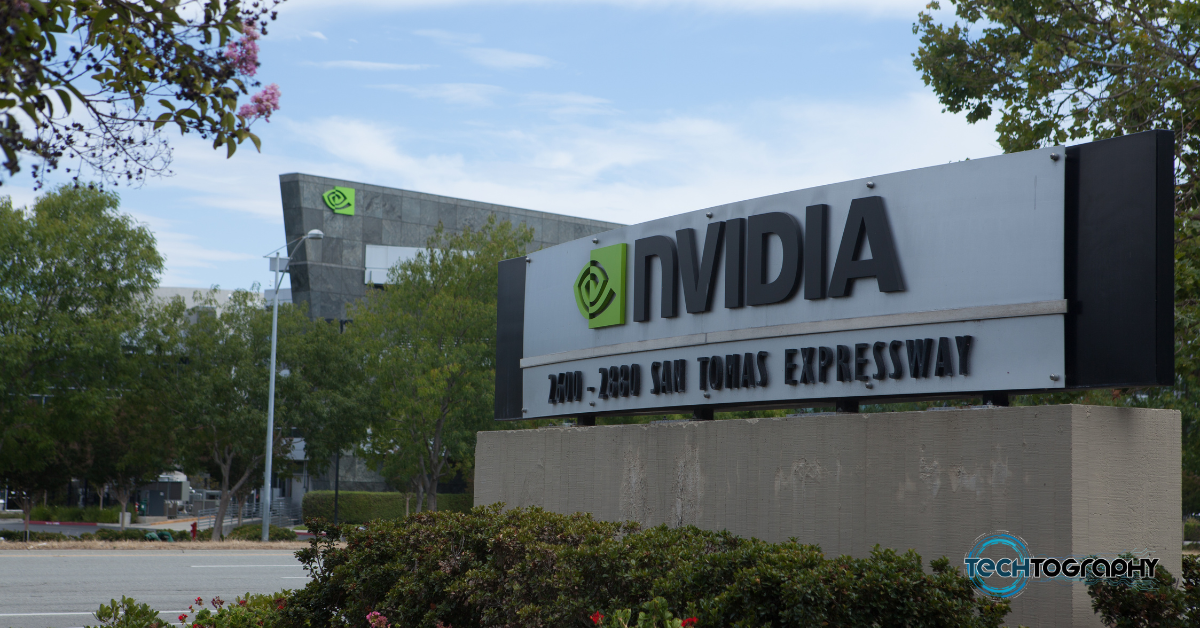In this Blog Post:
Exploring Edge Computing and Its Benefits for Everyone
Introduction: What is Edge Computing in Simple Terms?
Edge computing is a new way of handling data that focuses on processing it closer to where it’s created, instead of sending it far away to large data centers. Imagine a town where people need to travel a long distance to visit the town hall for every small task. Edge computing is like building smaller administrative offices in each neighborhood, making it easier and quicker for people to get things done. This concept allows for faster processing and better performance, opening up new possibilities in the digital world.
Why Edge Computing Matters: The Need for Speed and Efficiency
As more devices like smartphones, smartwatches, and other smart gadgets connect to the internet, there’s a growing need for faster processing and real-time interactions. Traditional ways of handling data, like sending it to large data centers, are struggling to keep up. Edge computing helps by decentralizing data processing and bringing it closer to the source, improving overall performance.
Key Benefits of Edge Computing
- Faster Response Times
Edge computing reduces delays by processing data close to where it’s created. This is particularly important for situations that require real-time interactions, such as self-driving cars, automated factories, or even remote surgery, where even a tiny delay could cause big problems.
- Better Security and Privacy
Since edge computing processes data locally, there’s less need to send sensitive information over the internet. This reduces the risk of data breaches and helps protect your privacy. Additionally, storing and encrypting data locally can further improve security.
- Easy to Grow and Adapt
Edge computing makes it easier for businesses to grow and adapt to new digital technologies. By spreading computing resources across multiple locations, they can quickly add new applications and services without overloading their main data centers.
- Less Internet Traffic and Lower Costs
By processing and storing data locally, edge computing reduces the amount of data that needs to travel over the internet. This helps improve overall internet performance and can lower costs for businesses.
- Smarter Gadgets and Devices
Edge computing plays a key role in making smart gadgets and devices work better. By processing data close to the source, these devices can work more efficiently, use less energy, and send only important information to the cloud, making the whole system smarter and more streamlined.
Conclusion: Embracing the Future of Edge Computing
Edge computing is set to change the way we handle data in the digital age. As more devices connect to the internet and generate huge amounts of data, the importance of edge computing will only grow. By using edge computing technologies, businesses and individuals can enjoy faster response times, better security, and easier growth. This exciting new approach will help pave the way for a more efficient and connected future.






